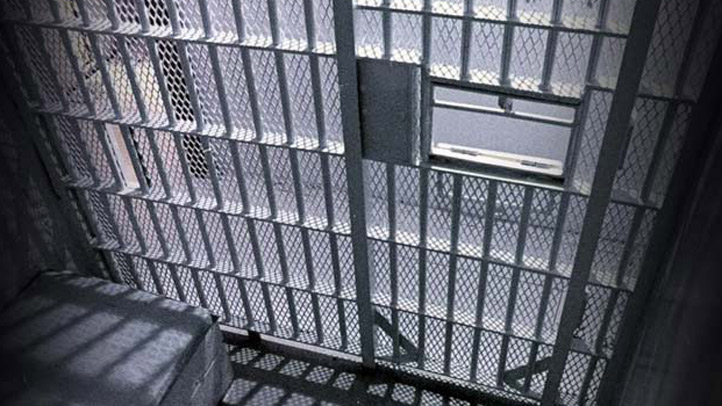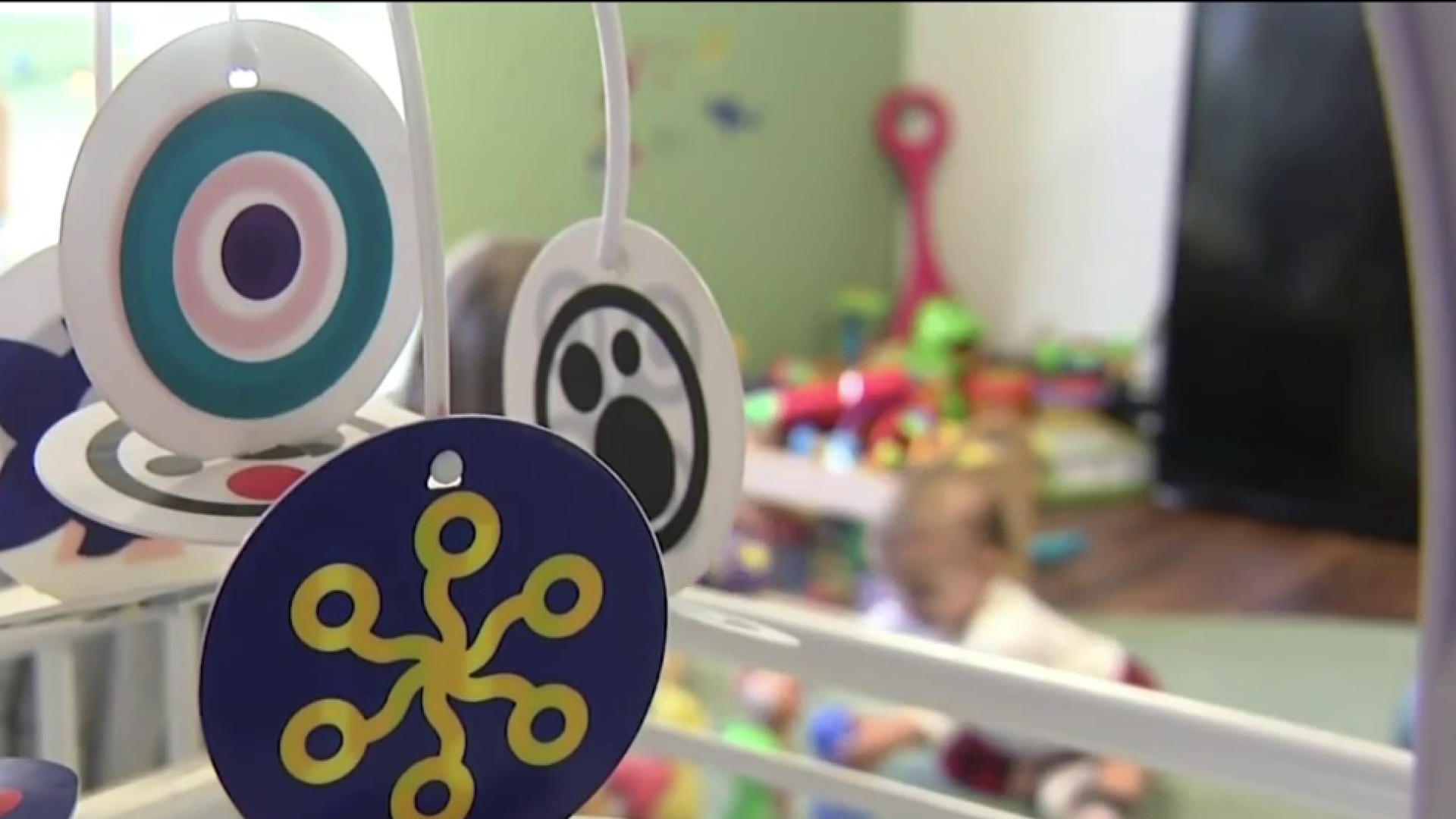The coronavirus vaccine rollout in Massachusetts moves into the next step of Phase 1 on Monday. The next group includes congregate care settings like group homes, shelters and corrections facilities.
"They are deserving of health care," said jail doctor Alysse Wurcel. "Treating these people who are in jail and preventing COVID in them is going to benefit everyone."
Wurcel is an infectious diseases physician at Tufts Medical Center. She also treats people who are incarcerated, and she's a point person for COVID-19 prevention and vaccine rollout in the state's county jails.
More on the coronavirus vaccine in Massachusetts
She knows there has been criticism of the decision to put inmates in a priority category.
"People in jail go in and out of jail," she said. "They may be behind you in the supermarket. You don't know. Jail is a churn, it's not a process where somebody gets put away and locked in a tower and you're never going to see them again."
Get top local stories in Boston delivered to you every morning. Sign up for NBC Boston's News Headlines newsletter.
If the virus gets into a corrections center, it can spread quickly, putting inmates at risk.
There have been outbreaks and clusters.
Staff are in danger, as well, and can bring the virus home to their families.
"Physical distancing is almost impossible in these places," said Dr. Mark Siedner, an infectious diseases clinician at Massachusetts General Hospital. "And so we've seen it actually tear through some of these prisons."
Siedner, who has researched the impact of COVID-19 on prisons, says inmates and staff should be prioritized for the vaccine.
"Prisons are really a perfect storm," he said. "Tight quarters, often these multiple occupancy rooms, with low ventilation."
In all, there are about 6,500 inmates and 4,500 staff in jails and prisons across Massachusetts.



